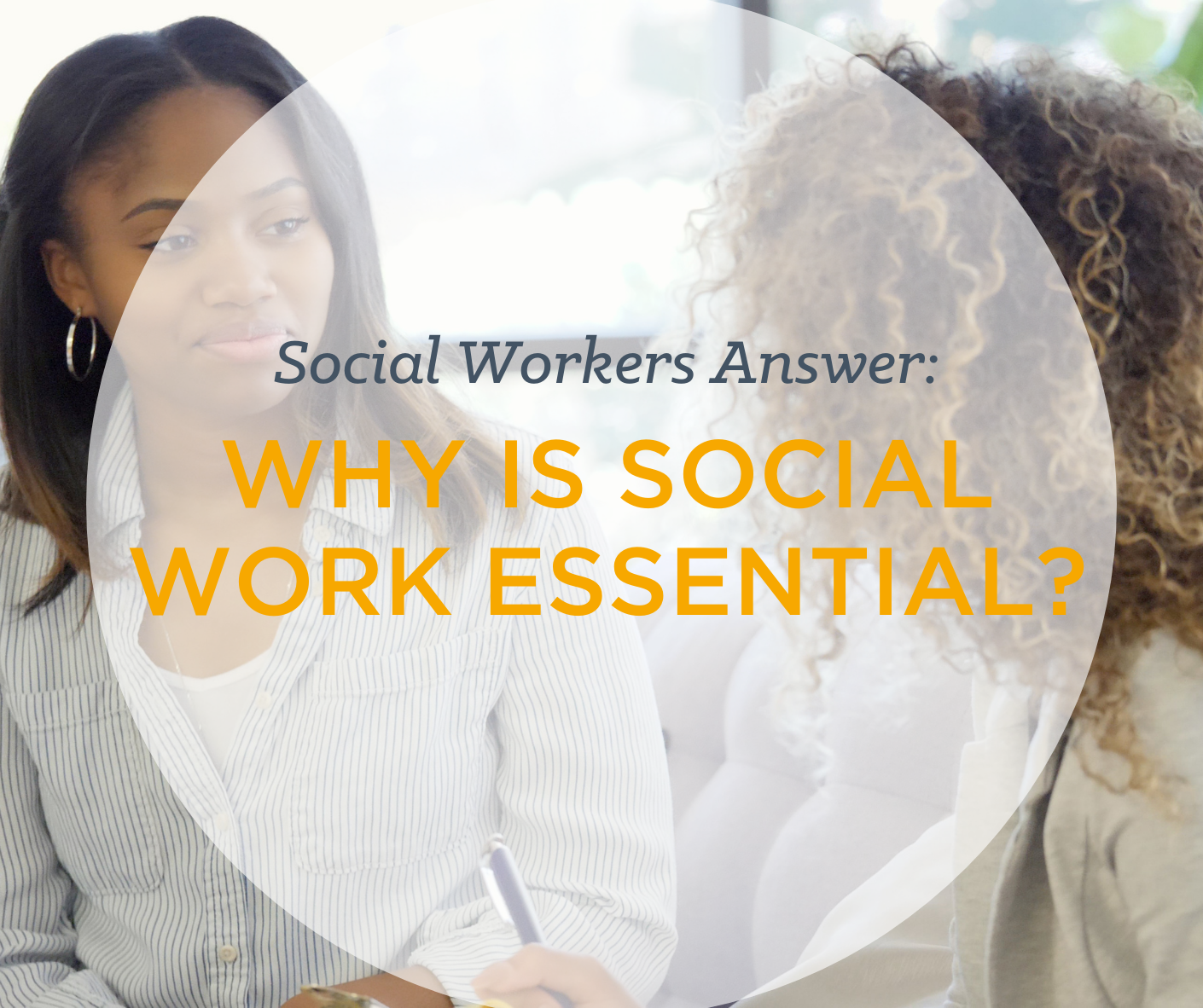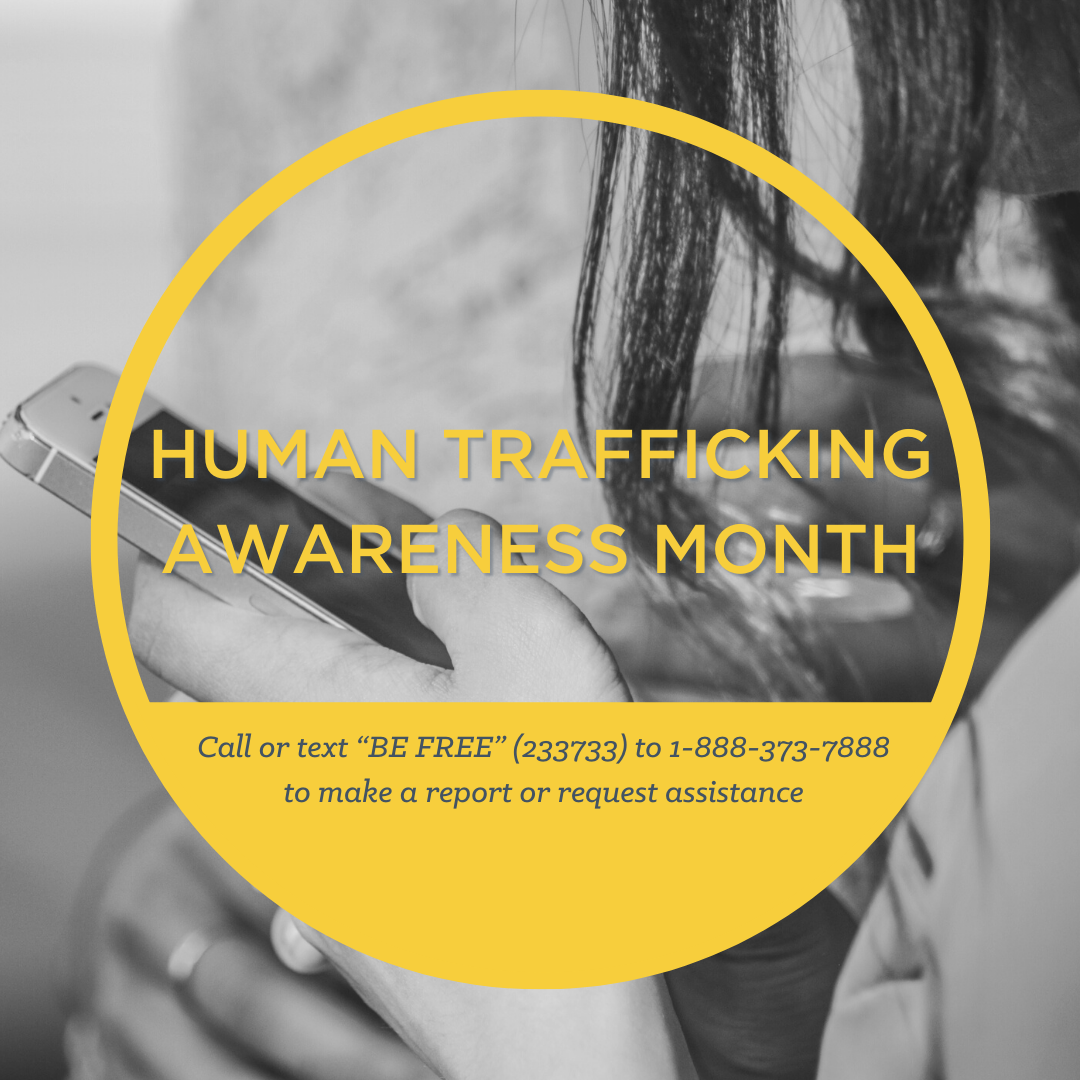

The development of the COVID-19 vaccine has undoubtedly left many of use with questions. To guide and help answer those questions, we have compiled a list of credible resources to help our communities learn more about the COVID-19 vaccine.

March is National Social Work Month, a time to shine a light on social workers and the incredible work that they do. From foster care case managers to intensive in-home specialists to licensing workers, they are the true unsung heroes of our organization. Rather than try and explain why social work is so important, we decided to have some of our team members explain why social workers are essential, and why they decided to take up the mantle of social work.

Youth in foster care often hear again and again, “I don’t want you. I don’t want you. I don’t want you.” Rejection is a key component of experienced trauma. Despite the odds, some exhibit remarkable resilience. Resilience is the process of adapting well in the face of adversity, trauma, tragic threats, or significant stress. Cornerstones of Care team member Makaila's story is one of forgiveness, acceptance and extraordinary resilience.

Many people often ask why we continue to celebrate Black History Month, especially in a society where we have elected the first Black President, and more recently the first Black Vice President of the United States. However, I think it’s important to remind ourselves why. Why do we continue to celebrate Black History Month?

January is National Human Trafficking Prevention Month. Children, especially those who are abused or neglected in their own homes, are especially at risk of becoming one of the 20 million+ people trafficked worldwide for labor or sex. The average age of a child exploited through sex trafficking is 14 or 15. Continue reading to learn the statistics around Human Trafficking, how we are fighting against human trafficking and what you can do to help.